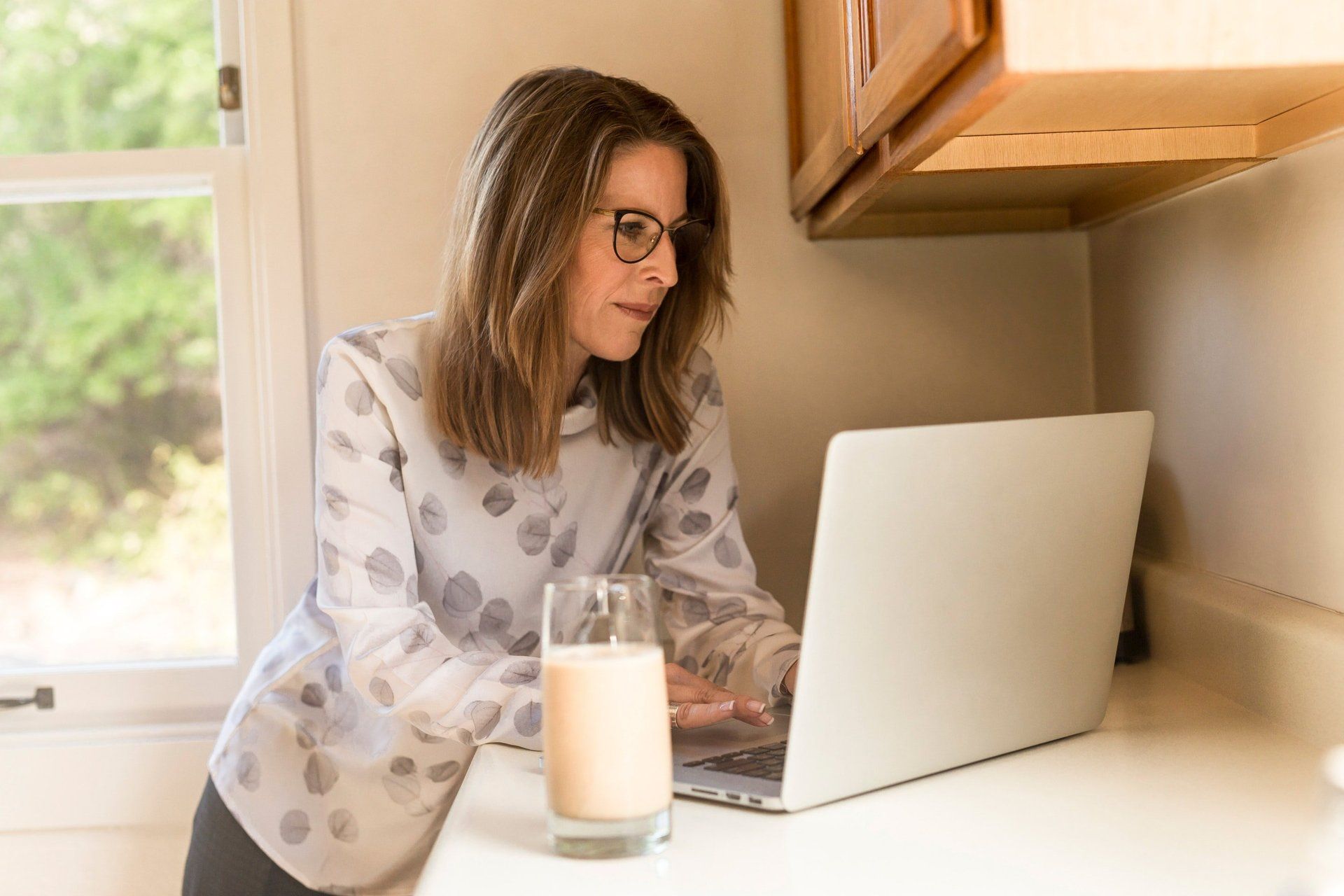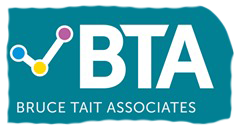27 March 2020 / Ewan Watt, BTA communications consultant
Home
/ News & Views
/ You may be working from home - but you have to keep talking
At an event in Edinburgh recently, I caught up with someone I’ve worked with for a couple of years. We hugged (that seems so strange already!) and swapped stories like old friends. And yet I had never met this person until that day.
She’s from India and was on a rare visit to the UK. But we have a great working relationship - thanks to our regular Skype calls.
Most of my communicating is done digitally. After three decades of being in busy offices, I’ve now worked remotely as a consultant for six years. But millions of people - including large numbers in the charity sector - are getting their first taste of working from home.
How to do that well is a whole other blog. But the key is keeping in touch. Remaining connected - with your colleagues, your bosses, your employees, your customers, your service users. To embrace digital communications.
The platforms can vary. I’ve used a variety of communications and video conferencing tools - including Zoom, Google Hangout, Skype, FaceTime, WhatsApp, GoToMeeting, UberConference and Slack. They’re all great platforms and charities will almost certainly have been using one or more of these already. You can utilise them for one-to-one chats, to hold virtual meetings and to share presentations.
Whatever you use, a clear and consistent method of communication is really important. Staff should not be left wondering how they’re meant to be in touch or whether they have the right software to attend a conference call. Keep these meetings short and to the point - it’s much easier for your mind to start drifting off when you’re at home. But also make sure everyone feels involved. It can be easy to forget someone if you’re not all physically in the same room.
So much of good communication is about the visual and audio signals we give off and receive. So keep up those personal contacts that you usually have in an office setting. That goes for line managers and bosses too. You can achieve far more in a quick audio or video call than firing off emails back and forward all day.
And don’t miss the opportunity to use digital communication to give feedback to staff. It’s too easy to forget to say “Thanks for doing that” if you’re not walking past someone’s desk each day.
For third sector staff, it’s so important to maintain communications both internally and externally. As well as attending virtual meetings, there should be some in-built process for workmates to recreate the personal interactions they would normally have at their workplace.
This could be a daily 15-minute “water cooler” chat for colleagues who usually work together in an office. Or a wider group of people discussing informally in a video call how they’re finding the challenges of home working.
The same goes for any charity staff dealing with the public, with service users or other people outside. If you would normally do these face-to-face, then don’t change that just because you’re working from home. Resist email, which doesn’t have the subtlety or pleasure of a cheery chat and a shared laugh. Saying “how are you today?” on a personal call or a video chat sounds so much more genuine than the same line at the start of an email.
External communication is vital at a time of such uncertainty. Right now, it’s even more important to let everyone know that, while it’s not exactly business as usual, you’re still operating with energy and passion.
Charities and staff with public-facing profiles should increase their social media output. Share what you’re doing and how you’re adapting to the circumstances. Like, share and retweet what others are doing - it will help to make everyone feel part of a wider, caring community.
We’re in the middle of a massive challenge for the third sector. Good digital communications will help everyone to get through this and come out the other side even better prepared to do great work for those in need.


